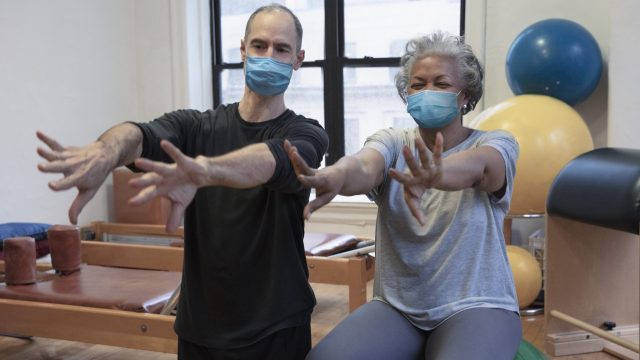Racial and Ethnic Differences in Memory Loss: United States, 2015-2020
The Division of Population Health at the Centers for Disease Control and Prevention announced a new study that highlights the racial and ethnic differences in self-reported memory loss. This is the first national study to examine racial/ethnic differences in subjective cognitive decline in adults 45 years and older.
